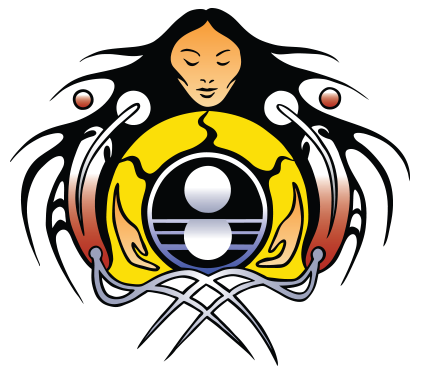Resume and Cover letter
At Miziwe Biik we’re here to help Indigenous job seekers access supports and services. You can find resources here to help build your resume and access tips to feel confident in your job search.
If you need more help writing your resume, writing your cover letter, doing a job search, preparing for an interview, or anything else meet with one of our Employment Advisors.
Our office is operating Monday to Friday from 9:00-4:30.
Email [email protected] to access information and services.
Resumes
A resume is the first point of contact between yourself and an employer. They should be personalised to the job you’re applying for and highlight why you’re perfect for the position.
Resume types - chronological and functional
When writing your resume there are two styles that you can consider. Choose the type which best shows off your abilities.
Chronological resumes
These resumes give your employment history in reverse chronological order. Under each job heading you can list relevant details, to show employers what skills and experience you have gained from each job.
Chronological resumes work well for:
Those with one or more examples of full time employment with a company.
Functional resumes
This resume highlights transferable skills by bringing together unrelated abilities and job titles to employers.
Functional resumes work well for:
Sections of a Chronological resume
Introduce yourself
Introduce yourself by providing your name, address, postal code, phone number, and email address at the top of your resume. Email addresses need to be professional and simple like your first name and last name not [email protected].
Profile your career objective
Profile your skills and abilities right after you introduce yourself. This section can contain your skills, qualifications, or a career objective that relates to the position/ job you’re applying to.
Highlight your skills
The Skills section is very similar to your Profile section. But this is where you can list particular accomplishments or job-related skills. For example, when applying to an Employment Counsellor position you can list a skill like experienced with Microsoft Office Suite.
List your work experiences
The most important section is the Employment History or Career-Related Experience section. This is where you list all paid and unpaid work including committee and volunteer experiences. With each position identify one key accomplishment, responsibility, or job duty you had.
List your education and training experiences
In the final section of your resume list your Education or Training experiences. Within each, list any key technical skills and an accomplishment.
Cover letter
A good cover letter can help you stand out by showing how well you’ll fit into the company.
Speak to one of our employment specialists for help writing one.
Tips for writing a good cover letter
- Include the same language (words, phrases, intentional meaning) in your cover letter.
- Use the cover letter to introduce yourself, skillset, and how it can connect to the role.
- Try to connect the three main job duties of the job description into your cover letter. Speak to each point with examples and accomplishments.
Email [email protected] to connect with an Employment Advisor to learn more.
Job search tips
Employers take 20 seconds to look at resumes
Well laid out resumes with clear titles are more likely to catch their eye
Keep the style up to date
Meet with an employment counsellor to ensure the style of your resume is current
Arrive 15 mins early
Plan to arrive 15 minutes early to ensure you're not late.
Make sure there are no errors
Spelling mistakes and errors speak loudly to employers. Show strong attention to detail by checking your resume and cover letter. Use spellcheck and have someone else read through it too.
Research the company
Learn as much as you can about the company before you apply so you're ready for interview questions
Match keywords from the job description
Match keywords in your resume from the job description. This can help your resume get notice by HR and online tracking systems.
Be consistent online and on paper
Make sure the details in your cover letter, resume and online profiles match - employers may check your online profile after reading your resume
Always create a profile when you apply online
It helps prospective employers learn more about you
Read your resume out loud
This helps to catch spelling and grammatical errors
Resumes can be 2 pages
Resumes can now be up to 2 full pages so you can define your entire employment history
